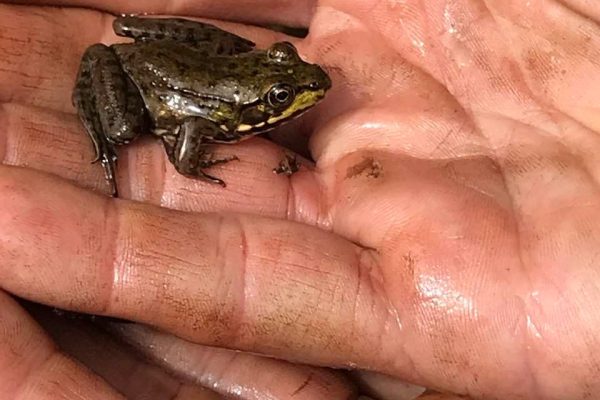Background:
This Pesach, as we commemorate our liberation from slavery, we draw our attention to those still in bondage. The Coalition of Immokalee Workers is a widely acclaimed organization of farmworkers who are working to end abusive conditions in Florida’s tomato fields, which have long created fertile ground for modern-day slavery to flourish. Over the last decade, their Campaign for Fair Food—led by farmworkers and supported by people of conscience across the country—has brought about historic changes in the fields. We celebrate their victories while recognizing that much work is left to be done. With our own story in mind, we commit ourselves to working alongside them until they, too, can commemorate their liberation.
At Your Seder:
The seder plate contains a variety of foods that symbolize the Jewish journey from slavery to freedom. To raise awareness about the Campaign for Fair Food, we have been invited to add a tomato to our seder plates, a symbol of the farmworker who picked it. The foods on the seder plate are meant to elicit questions that lead to the telling of the story of the Exodus. We hope the tomato will lead to questions about the legacy of slavery today and to discussion about the progress being made by the CIW—supported by Jewish communities—to bring about a just, slavery-free workplace.
We suggest that you print the PDF below and distribute it to participants at your seder.
Republished with permission from T’ruah:The Rabbinic Call for Human Rights
T’ruah: The Rabbinic Call for Human Rights is an organization of rabbis from all streams of Judaism that acts on the Jewish imperative to respect and protect the human rights of all people. Human Rights Shabbat, T’ruah’s annual celebration of Jewish values and universal human rights, is celebrated by more than 130 Jewish communities around the globe.










